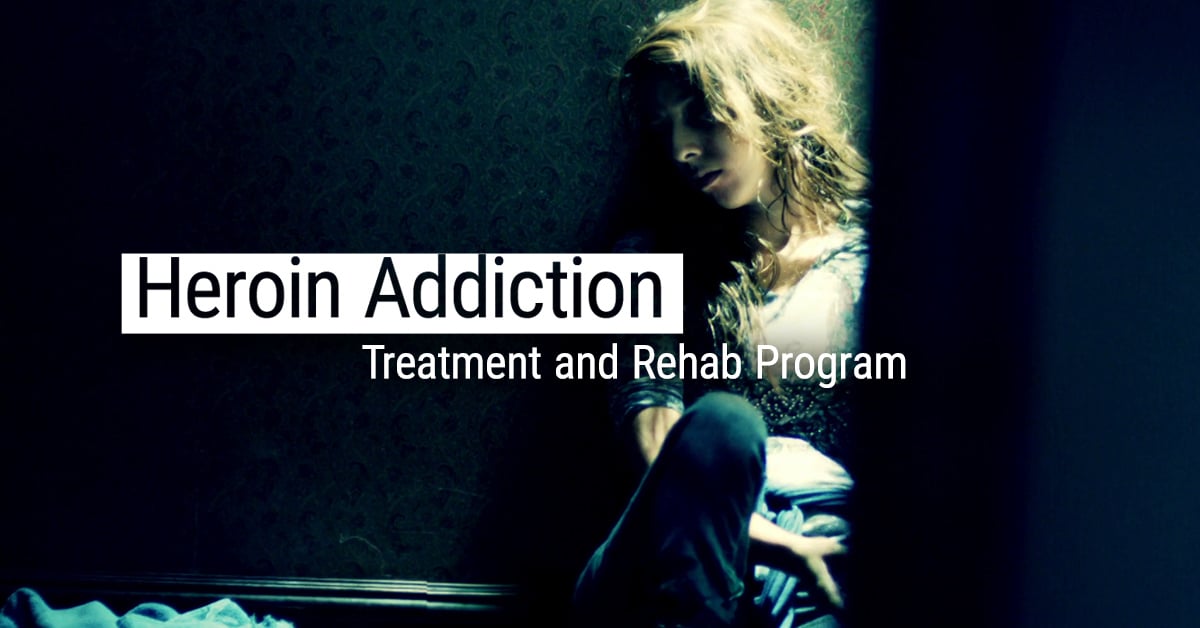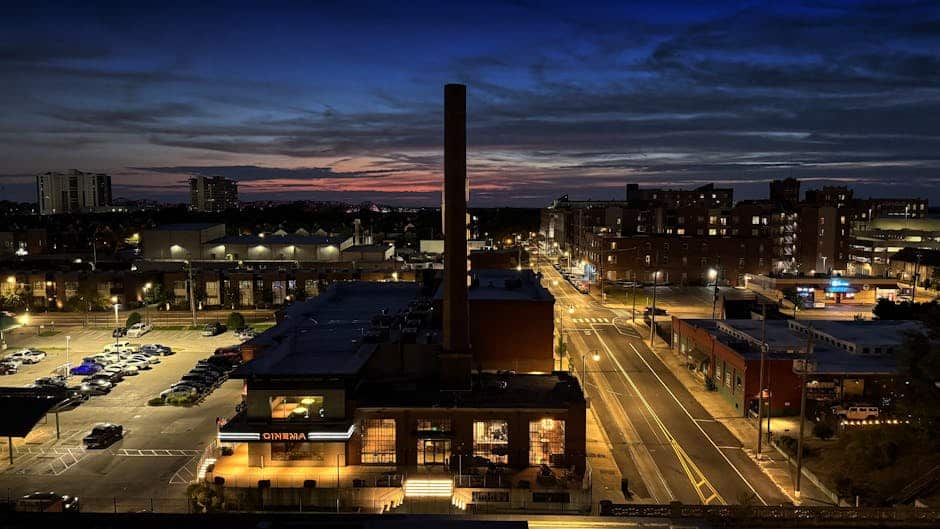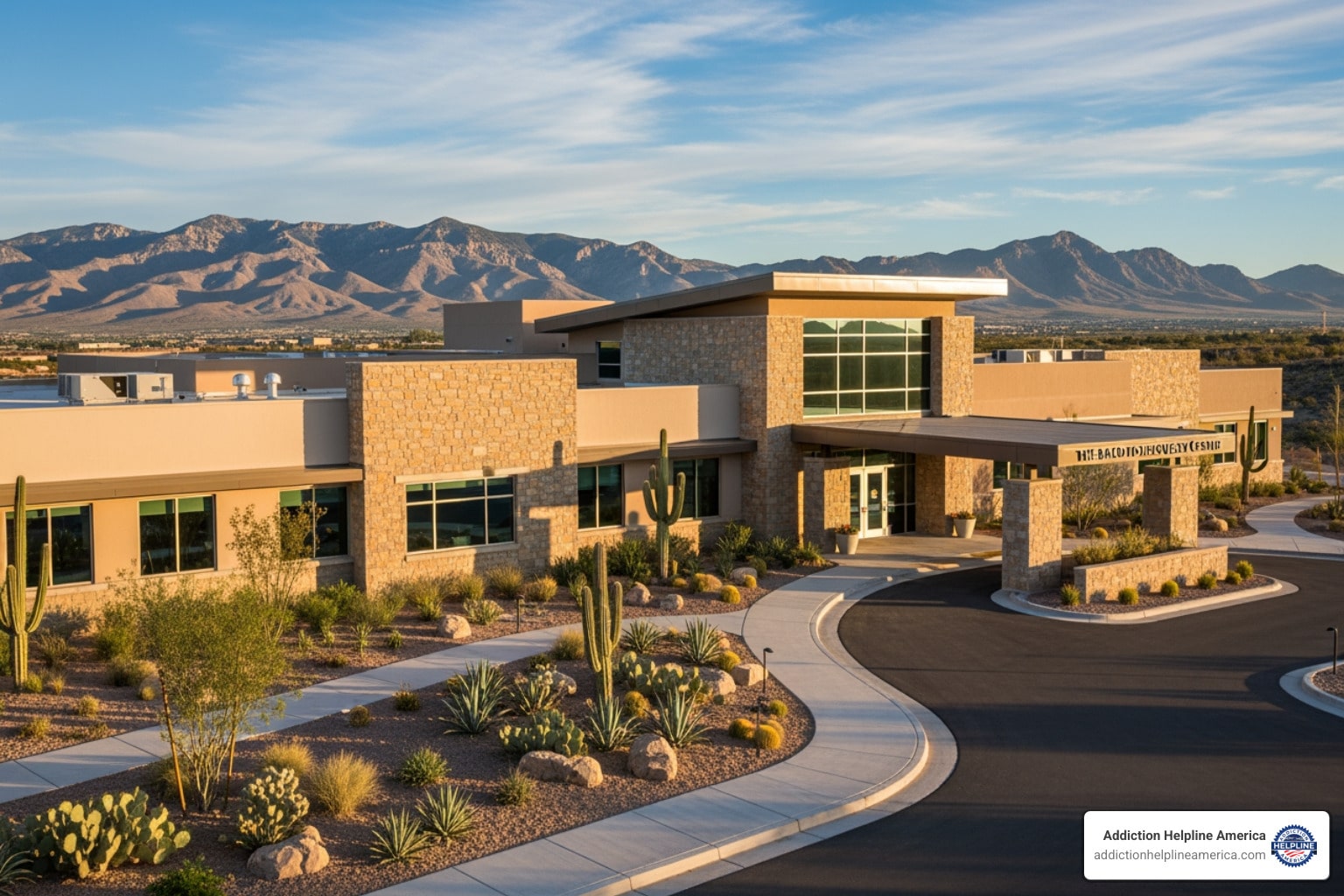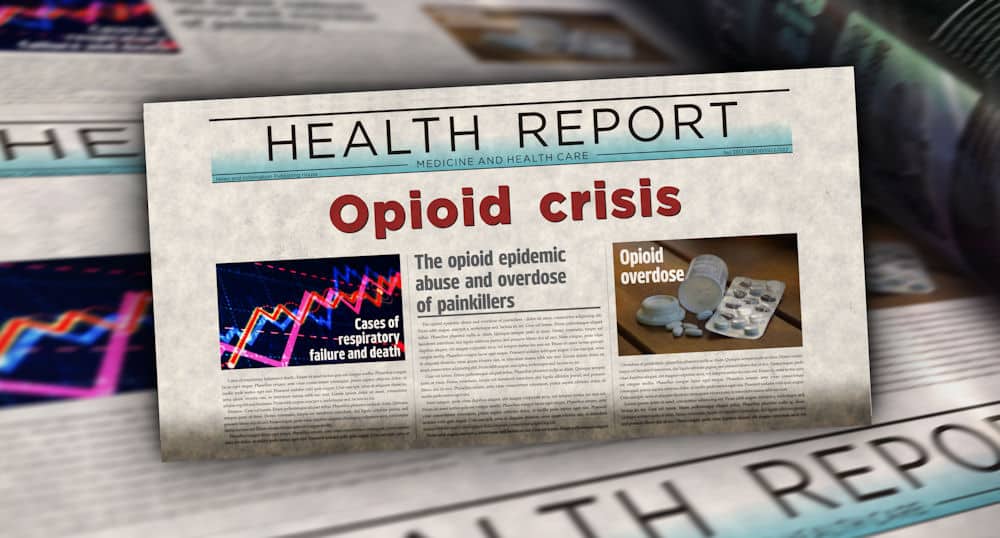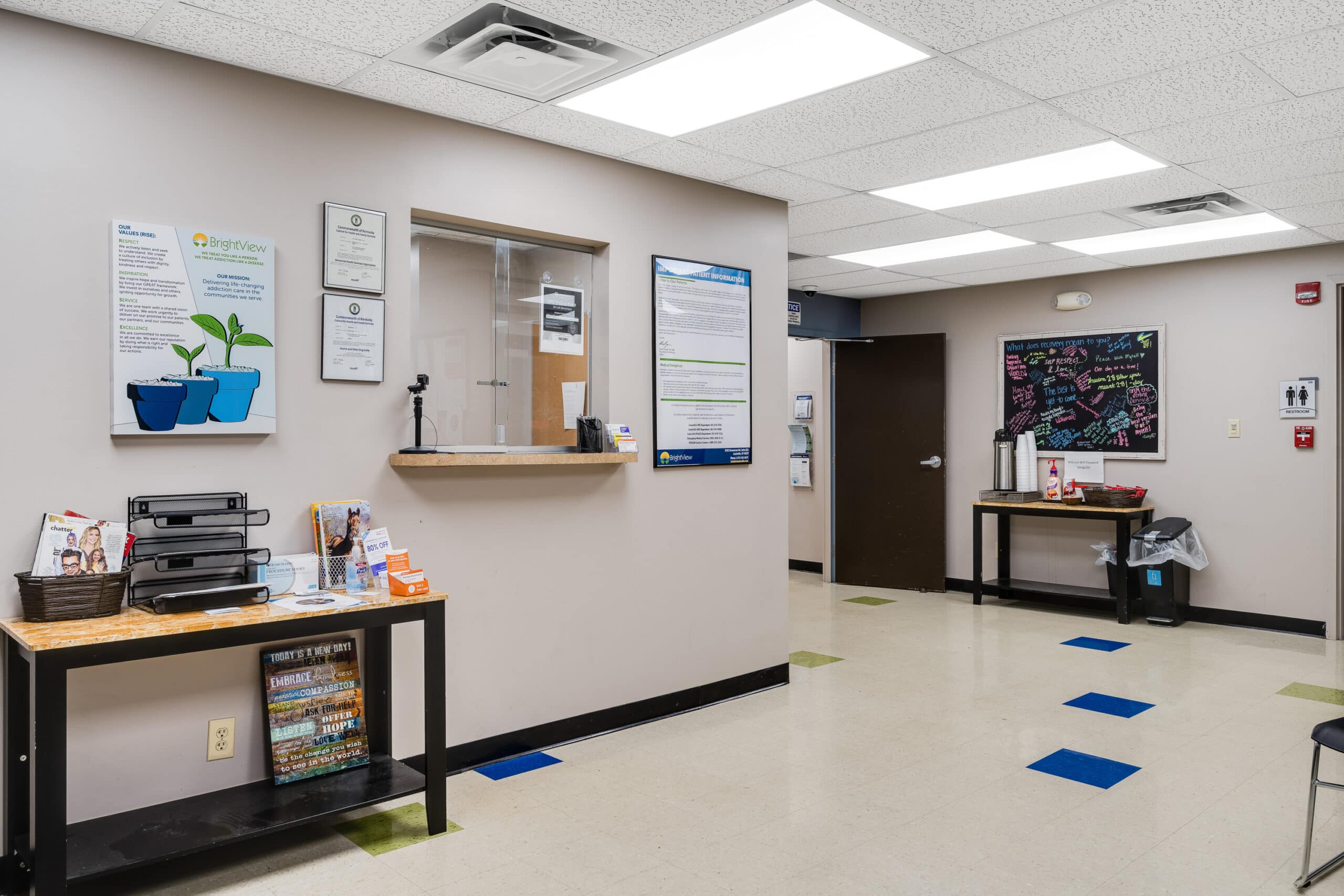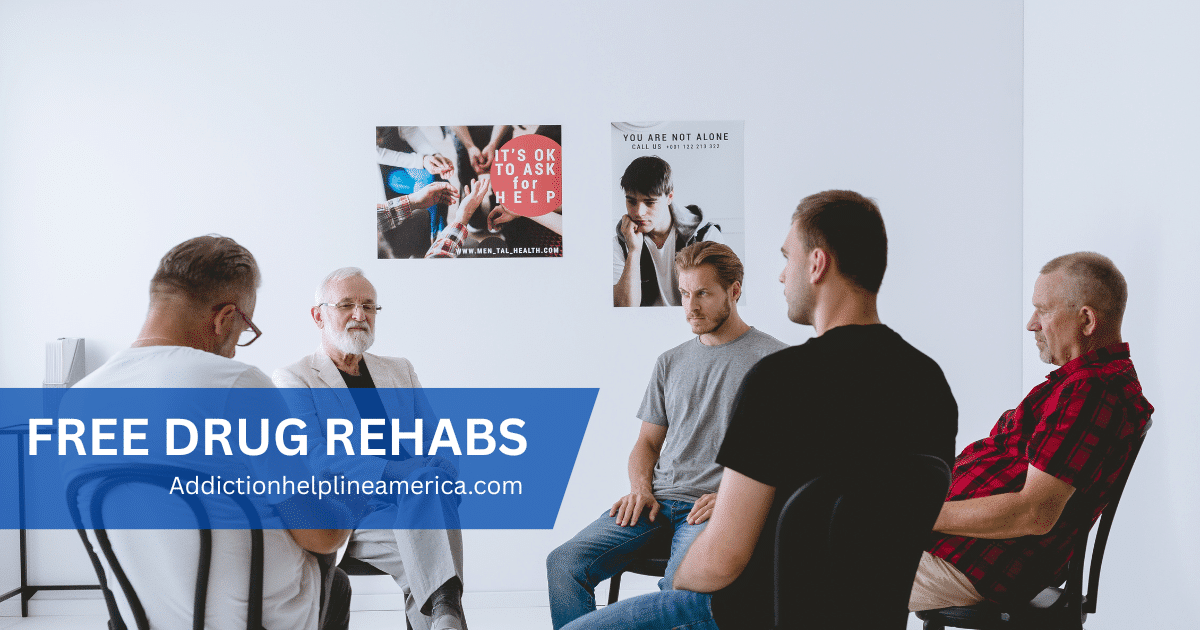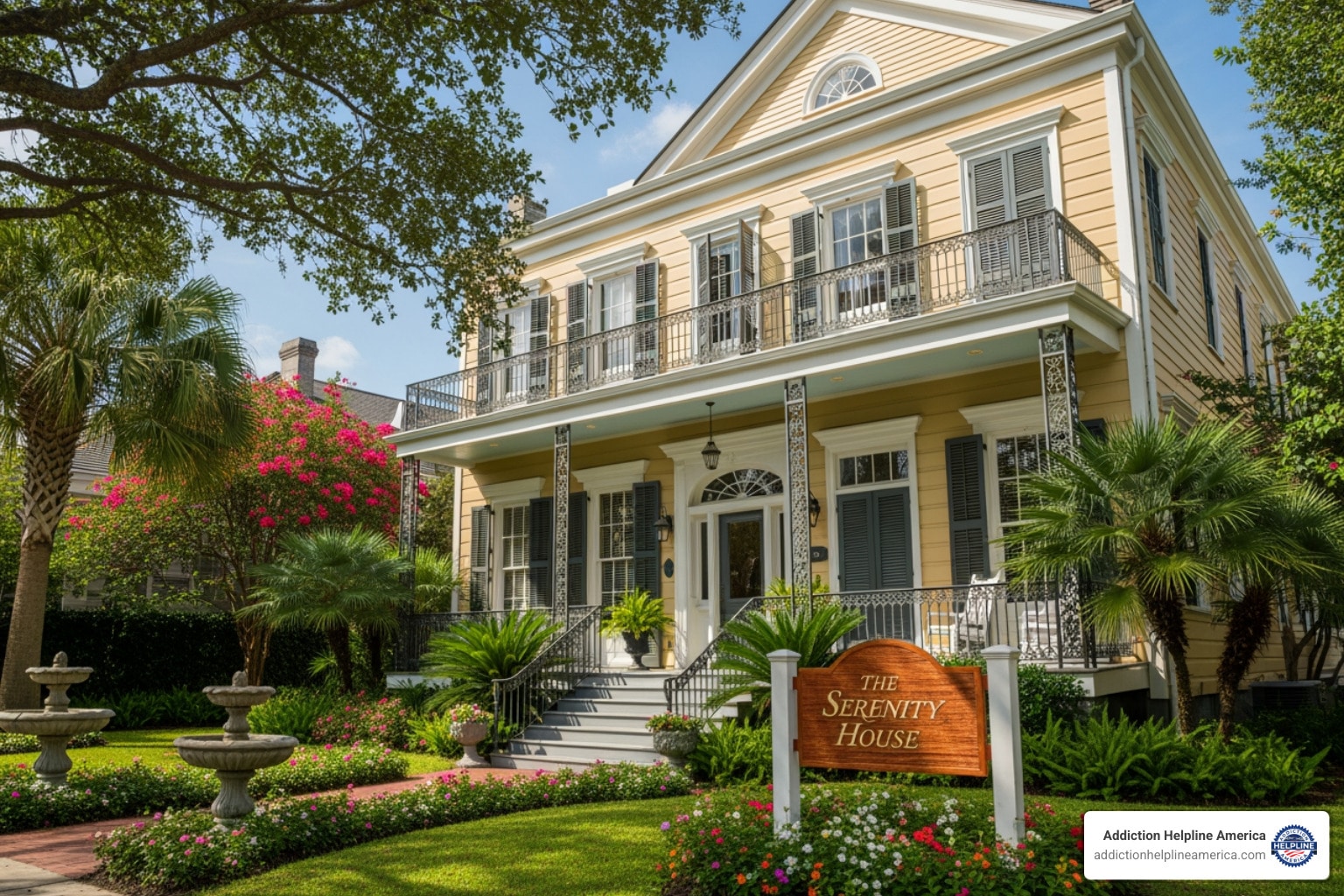
Finding Help and Hope: Your Guide to Drug Rehab in New Orleans
Drug rehab in new orleans louisiana provides a variety of treatment options to help you or a loved one overcome addiction. From medical detox and inpatient care to outpatient counseling, New Orleans has resources to fit your specific needs and budget.
Quick Facts About New Orleans Rehab:
- Costs vary: Outpatient programs can cost $1,000-$10,000, while inpatient care ranges from $5,000-$50,000.
- Affordability options: State-funded programs offer free or low-cost treatment, and financial aid like scholarships and sliding-scale fees are often available.
- Insurance helps: Medicaid, Medicare, and private insurance can significantly lower your out-of-pocket expenses.
- Priority access: Pregnant women and other vulnerable populations often receive priority for treatment.
While New Orleans’ vibrant culture is one of its strengths, it can sometimes mask the serious struggles residents face with substance use. However, hope is real, and effective treatment is available. Many people worry about cost, but most rehab centers offer multiple payment options to make care accessible.
The first step is often the hardest, but you don’t have to do it alone. Addiction Helpline America has connected thousands of people with drug rehab in new orleans louisiana and nationwide. Our team understands the local treatment landscape and can guide you to the right program.
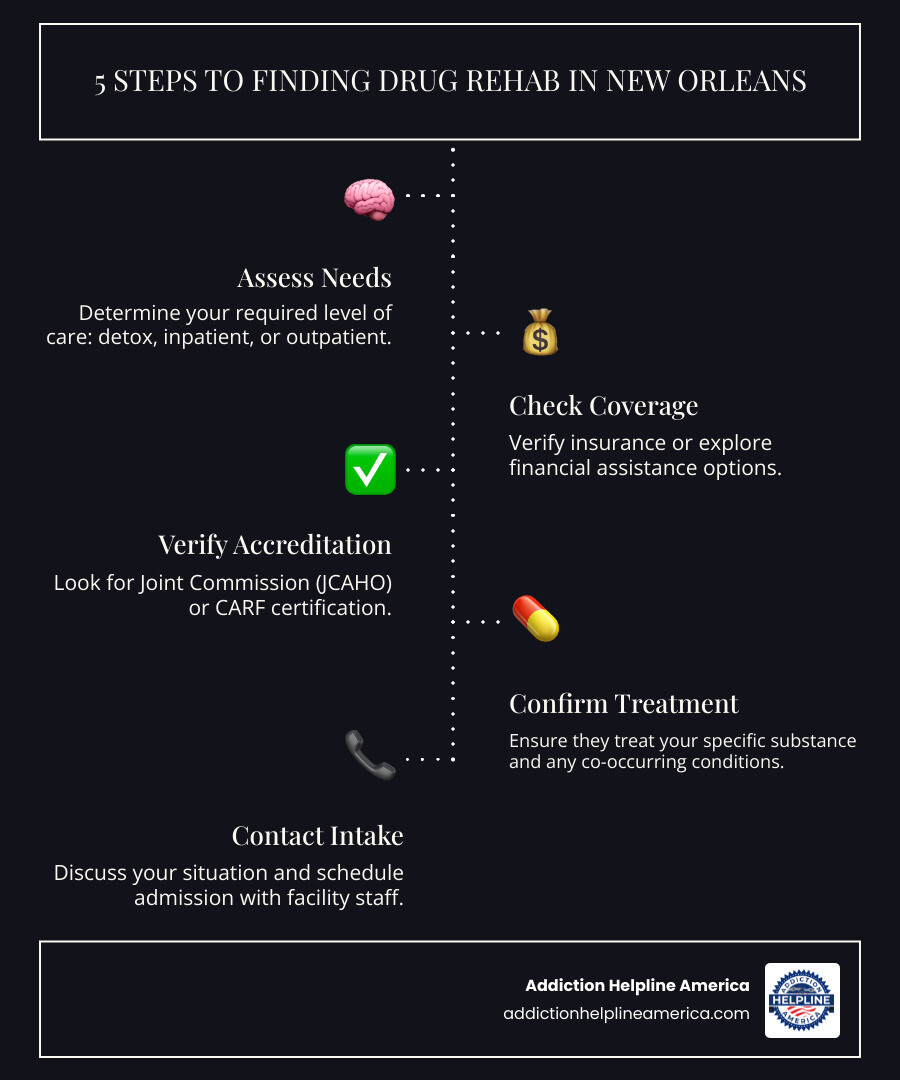
Drug rehab in new orleans louisiana terms to remember:
Understanding the Cost of Drug Rehab in New Orleans, Louisiana
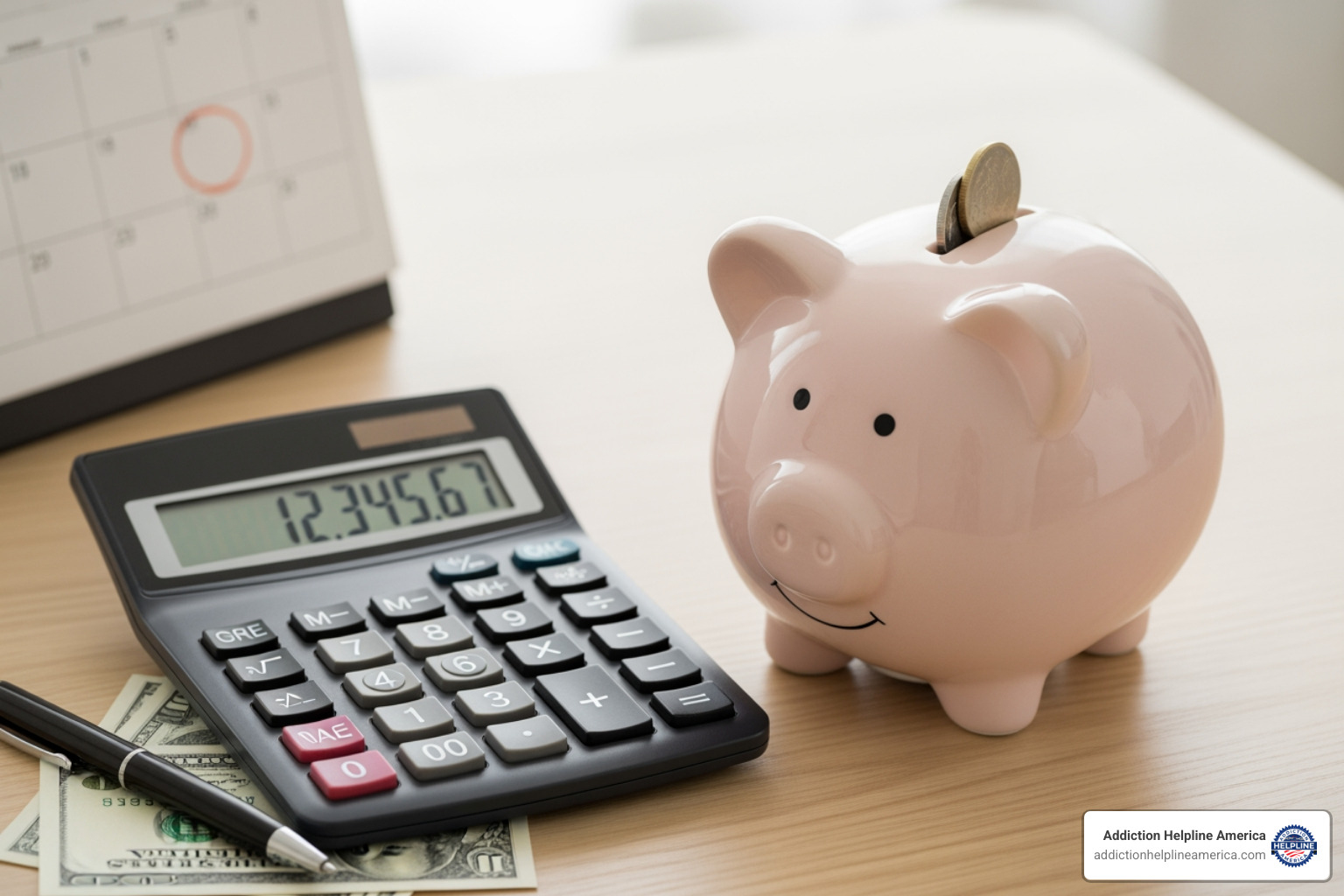
Concerns about money should not prevent you from seeking help. The cost of drug rehab in new orleans louisiana varies widely, and many payment options exist. While financial worries are valid, treatment is an investment in your future, and quality care is more accessible than you might think.
Average Cost of Inpatient vs. Outpatient Care
The price of treatment depends on the level of care required.
Outpatient programs allow you to live at home while attending therapy. Depending on the intensity and duration, these programs in New Orleans typically cost between $1,000 and $10,000.
Inpatient rehab (residential treatment) involves living at the facility for round-the-clock support. In New Orleans, this can range from $5,000 to $50,000. The cost is influenced by the length of stay, program intensity, and amenities.
These are averages. Luxury programs cost more, while state-funded and community programs offer treatment at significantly reduced rates or for free.
Factors That Influence Treatment Costs
Several factors determine a program’s cost:
- Location and Amenities: Facilities in prime locations or with amenities like private rooms, fitness centers, and gourmet meals have higher costs.
- Staff-to-Client Ratio: A lower ratio means more individual attention from therapists and medical staff, which increases the cost.
- Types of Therapy: Specialized treatments like trauma-focused therapy or holistic approaches require specially trained staff and can affect the price.
- Medical Supervision: Programs with 24/7 nursing care and on-site physicians are more expensive due to higher staffing and resource needs.
- Program Duration: A 90-day program will naturally cost more than a 30-day program.
For more details on what different facilities offer, check out our Guide to Drug Rehab Facilities in New Orleans.
Call now – your recovery starts here!

How Insurance Coverage Reduces Your Expenses
Health insurance can dramatically lower what you pay for drug rehab in new orleans louisiana. Most plans cover substance use disorder treatment thanks to mental health parity laws.
Understanding your plan is key. In-network facilities have negotiated rates with your insurer, making them the most affordable option. You’ll also need to know your plan’s deductible (what you pay before coverage starts), co-payments (fixed fees per service), and coinsurance (your percentage of the cost).
- Medicaid often covers most or all treatment costs for eligible low-income individuals.
- Medicare provides coverage for seniors and people with certain disabilities.
- Private insurance from providers like Blue Cross Blue Shield, Aetna, Cigna, and UnitedHealthcare is widely accepted.
- TRICARE is typically accepted for military families.
Navigating insurance can be confusing. Addiction Helpline America offers free, confidential help to verify your coverage and explain your benefits, making treatment affordable when you thought it was out of reach.
Finding Affordable and Accessible Treatment Options in New Orleans
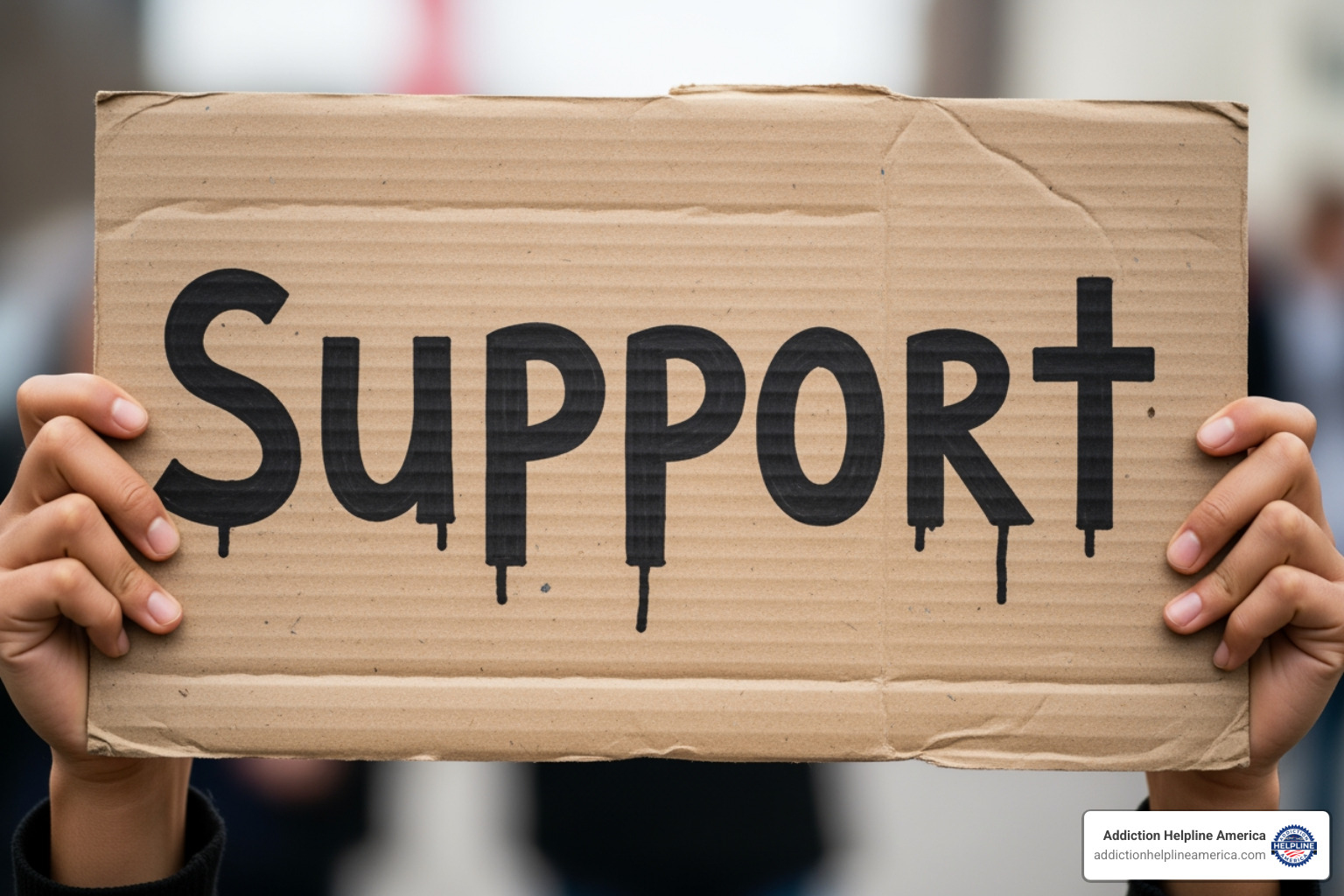
Financial barriers should not stop you from getting help. Drug rehab in new orleans louisiana includes options for every budget, including programs that cost little to nothing. Real solutions are available in your community, regardless of your income or insurance status.
State and Locally Supported Programs
State-funded facilities are designed to serve residents regardless of their ability to pay. Treatment is often free if you have no income, or you may pay a small percentage based on a sliding scale. The goal is to provide help without causing financial hardship.
Organizations like Odyssey House Louisiana offer a full spectrum of care, from detox and residential treatment to outpatient services and supportive housing. They provide vital services such as medically supported detox for those who cannot afford private care and community health centers for underserved populations. These programs prioritize access for high-risk groups, including pregnant women, disadvantaged populations, and Medicare-eligible individuals, ensuring the most vulnerable get help quickly.
To explore these options, visit our page on Accessing Supported Rehab in New Orleans.
Financial Assistance: Scholarships, Grants, and Sliding Scales
Many private and non-profit rehab centers offer their own financial aid. Always ask about these options:
- Rehab scholarships and non-profit grants can cover part or all of your treatment costs.
- Sliding-scale fees adjust the cost of treatment based on your income, making care more affordable.
- Payment plans allow you to spread the cost over time with manageable monthly payments.
When you inquire, be ready to provide proof of income, ID, and insurance status. Financial counselors at treatment centers are there to help you find a way to afford care.
Qualifying for Low-Cost or No-Cost Drug Rehab in New Orleans, Louisiana
Qualifying for affordable drug rehab in new orleans louisiana is straightforward. The primary factors include:
- Income Verification: Programs need to understand your financial situation to determine eligibility for free or reduced-cost care.
- Priority Groups: Pregnant women, individuals experiencing homelessness, and those with co-occurring mental health conditions often receive prioritized access.
- Medicare Eligibility: Those eligible for Medicare also receive priority at many state-funded facilities.
- Proof of Residency: You will need to show you are a Louisiana resident to qualify for state-funded programs.
Don’t assume you won’t qualify. At Addiction Helpline America, we can help you steer this process and connect you with programs that match your financial situation. For more details, see How to Qualify for Low-Cost Rehab in New Orleans. The goal is to remove money as a barrier to your recovery.
What to Expect from New Orleans Rehab Centers: Services and Programs

When you enter a drug rehab in new orleans louisiana facility, you begin a structured journey toward healing. Programs are built around a continuum of care that adapts to your needs, using evidence-based therapies and holistic approaches to treat the whole person.
A Full Continuum of Care
Effective treatment offers different levels of care to support you at every stage of recovery.
- Medical Detox: This is often the first step, providing 24/7 medical supervision to safely manage withdrawal symptoms. It’s crucial for substances like alcohol and benzodiazepines.
- Inpatient Residential Treatment: You live at the facility for 24/7 support in a trigger-free environment, typically for 28-90 days.
- Partial Hospitalization Program (PHP): This is intensive day treatment where you attend therapy for several hours a day but return home or to a sober living environment at night.
- Intensive Outpatient Program (IOP): An IOP offers therapy several times a week for a few hours per session, providing flexibility for work or school.
- Standard Outpatient Care: This involves weekly therapy sessions and support groups, ideal for transitioning from intensive care or for milder issues.
- Aftercare Planning: Every good program creates a roadmap for life after treatment, including ongoing therapy, support groups, and sober living connections.
Many facilities offer this full continuum, allowing you to move between levels of care seamlessly. Learn More About Levels of Care.
Specialized Treatment for Co-Occurring Disorders
Addiction often co-occurs with mental health conditions like anxiety, depression, or trauma. This is known as a dual diagnosis. Treating both the substance use and the mental health disorder at the same time is critical for lasting recovery.
New Orleans rehabs increasingly offer integrated care. Trauma-informed care creates a safe environment for healing past wounds that may drive substance use. Medication-Assisted Treatment (MAT) uses medications like Suboxone or Vivitrol to reduce cravings and withdrawal symptoms, especially for opioid and alcohol use disorders. Therapies like Dialectical Behavior Therapy (DBT) teach practical skills for managing intense emotions. When choosing a rehab, ask about their experience with dual diagnosis to ensure you get comprehensive care.
Call now – your recovery starts here!

How to Choose the Right Drug Rehab in New Orleans, Louisiana
Finding the right fit is more important than finding the “best” facility. Look for these quality markers:
- Accreditation: Look for accreditation from the Joint Commission (JCAHO) or CARF, which indicates high standards of care and safety. Many top centers, like Imagine Recovery, are JCAHO Accredited.
- Staff Credentials: Ensure the team includes licensed therapists, certified addiction counselors, and medical professionals specializing in addiction.
- Treatment Philosophy: Find a program whose approach resonates with you, whether it’s 12-step based, focused on therapies like CBT/DBT, or includes holistic methods. The key is a personalized treatment plan.
- Specialized Tracks: Some centers offer programs for specific groups like women (Grace House), men (Bridge House), veterans, or LGBTQ+ individuals, which can provide a more custom experience.
Local Resources and Support Systems in New Orleans

Recovery is a long-term journey that continues after formal treatment ends. A strong support system is crucial for maintaining sobriety. New Orleans offers a vibrant network of local resources to help you stay connected and supported.
Addiction Support Groups for Individuals
Peer support groups provide a safe space to share experiences and learn from others who understand your journey.
- Alcoholics Anonymous (AA) and Narcotics Anonymous (NA) are 12-step programs for alcohol and drug addiction, respectively.
- SMART Recovery offers a science-based, non-12-step alternative focused on building coping skills.
- Dual Recovery Anonymous (DRA) specifically supports individuals with co-occurring mental health and substance use disorders.
- Cocaine Anonymous (CA) and Crystal Meth Anonymous (CMA) are groups focused on recovery from specific substances.
For a comprehensive directory, visit our page to Find Support Groups in New Orleans.
Support Systems for Families and Loved Ones
Addiction affects the entire family. Support is available for loved ones to help them cope and learn how to support recovery effectively.
- Al-Anon Family Groups and Nar-Anon provide support for families and friends of those with alcohol and drug addictions.
- Parents of Addicted Loved Ones (PAL) offers resources specifically for parents.
Many drug rehab in new orleans louisiana centers also offer family therapy to help repair relationships and improve communication, which is proven to improve long-term outcomes.
National Helplines and Directories
For immediate, 24/7 support, national helplines are an invaluable resource.
- The SAMHSA National Helpline offers free, confidential information and treatment referrals around the clock.
- The NAMI Helpline provides support for questions related to mental health and substance use.
- Physician directories like the ABPM Physician Lookup and the APA Psychologist Locator can help you find specialized medical professionals.
Addiction Helpline America can help you steer these resources to find the support system that best fits your needs.
Frequently Asked Questions about New Orleans Drug and Alcohol Rehab
Considering drug rehab in new orleans louisiana naturally brings up questions. Here are answers to some of the most common concerns we hear.
How long does rehab in New Orleans typically last?
The duration of treatment is custom to your individual needs. There is no one-size-fits-all answer, but typical timeframes are:
- Medical Detox: 3 to 7 days.
- Short-Term Inpatient/Residential: 28 to 30 days.
- Long-Term Residential: 60 to 90 days or more, which research shows can lead to better outcomes.
- Outpatient Programs (PHP/IOP): Can range from 4 weeks to 6 months, offering a step-down level of care.
Recovery is an ongoing process, and aftercare, including support groups and counseling, is a lifelong commitment.
Will I lose my job if I go to rehab?
No, federal laws protect your employment when you seek addiction treatment. You cannot be fired simply for going to rehab.
- The Americans with Disabilities Act (ADA) classifies addiction as a disability, protecting you from discrimination.
- The Family and Medical Leave Act (FMLA) allows eligible employees to take up to 12 weeks of unpaid, job-protected leave for medical reasons, including substance abuse treatment.
Your treatment is also protected by HIPAA privacy laws, meaning it is completely confidential. While you are not required to disclose the reason for your leave, speaking with your HR department may be helpful, as many companies have Employee Assistance Programs (EAPs) to support you.
What should I bring with me to rehab?
Always check with the specific facility for their policies, as they vary. The goal is to create a safe, focused environment free from distractions.
What to Bring:
- Photo ID and insurance card.
- A list of important phone numbers.
- Prescription medications in their original bottles.
- Comfortable, casual clothing (no drug/alcohol-related logos).
- Basic, alcohol-free personal hygiene items (non-aerosol).
- A journal or books for personal time.
What to Leave at Home:
- Alcohol, drugs, or any unapproved medications.
- Weapons or sharp objects.
- Electronics like cell phones, laptops, and smartwatches (most facilities restrict these to minimize distractions).
- Large amounts of cash or expensive jewelry.
- Aerosol products.
These restrictions help you fully engage in the recovery process.
Call now – your recovery starts here!

Your Path to Recovery Starts Today
If you’re considering drug rehab in new orleans louisiana, you’ve already taken a courageous first step. You are not alone, and help is available right now.
This guide has shown that a wide range of treatment options exists in New Orleans. From affordable state-funded programs to comprehensive private care, financial barriers can be overcome with insurance, scholarships, and sliding-scale fees. A full continuum of care, including specialized treatment for co-occurring disorders, is available to support your unique journey.
Treatment is effective, and thousands of people have found a new life in recovery. The hardest part is often making the first call, but these feelings of uncertainty don’t have to hold you back.
At Addiction Helpline America, we provide free, confidential, and personalized guidance to help you find the right program. We understand the local landscape and can help you verify insurance, explore financial aid, and determine the best level of care for your situation. You don’t have to steer this complex process by yourself.
Recovery is possible, and your new life is waiting. Let us help you take that crucial first step.
Find comprehensive alcohol and drug addiction treatment in New Orleans, Louisiana and start your path to recovery today.
Our helpline is 100%
free & confidential
If you or someone you care about is struggling with drug or alcohol addiction, we can help you explore your recovery options. Don’t face this challenge alone—seek support from us.
Programs
Resources
Will my insurance
cover addiction
treatment?
We're ready to help
Find the best
drug or alcohol treatment
center
Are you or a loved one struggling with addiction? Call today to speak to a treatment expert.




